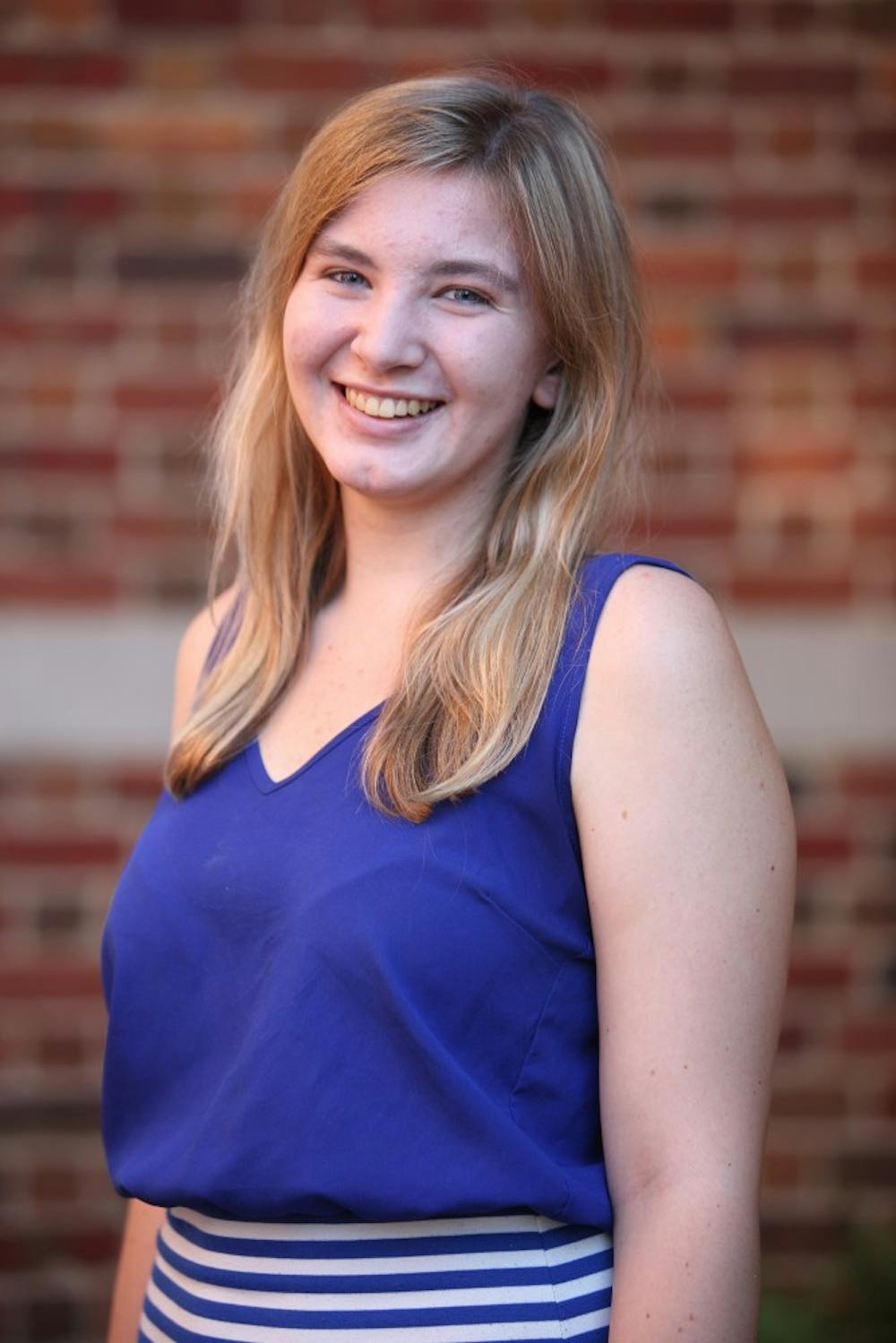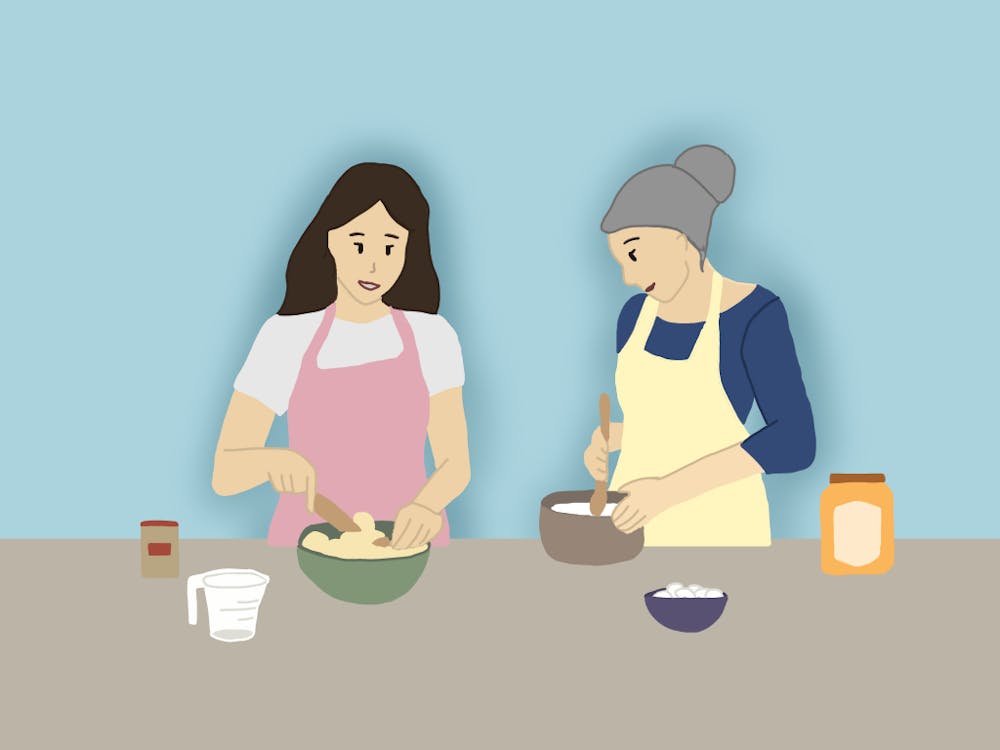At the last few strides of my mile-and-a-half journey home, I felt something damp against the back of my left thigh — my backpack. Initially, I was struck with raw confusion — it wasn’t raining outside, that was for certain, and the material of my backpack was supposedly waterproof. The realization hit me like a bucket of frigid water, leaving me stunned, horrified and incapable of rational thought.
I rifled through my soggy notes and seized the culprit in a tight grip — a punctured plastic water bottle. I tossed it aside and surveyed the casualties. There was a puddle at the bottom of the bag — the waterproof material dutifully captured the liquid — which held three of my notebooks, two textbooks and even my three-year-old MacBook Pro.
While the others were an incredible, devastating loss, they never outweigh the loss of that expensive piece of technology. Panicked and unsure about what to do next, I called a close friend — a computer science major, of course — who walked me through the entire process:
- Dry off the machine.
- Assure that it is shut off.
- Turn it upside down.
- Leave it for 72 hours.
The first three steps were done in mere seconds as my hands moved as quickly as possible, but the last step was excruciatingly slow. That juxtaposition was jarring and unexpected and the lack of a laptop for 72 hours seemed like a great challenge.
Any college student can attest to the strong correlation between homework and computers. Most, if not all of our work requires the use of the Internet or a word processor. These 72 hours were no exception. Not only did I have a column to write, but also a nutrition project and a PowerPoint presentation due by the end of the week.
With little choice, I found myself tucked away in Alderman for an average of eight hours a day, dispersed in between my classes. I was skeptical of the large workplace, but found that the environment was incredibly and unexpectedly conducive to the efficiency of my studies.
For one, I was surrounded by other people, all who were working diligently at their own computers or desktop monitors. I found this to be a positive pressure, urging me to avoid distracting sites like Facebook or YouTube and instead bury myself into the assignment. As someone notorious of way-too-frequent study breaks, this silent pressure encouraged me to be unusually productive.
Not only that, but there was also something strangely cathartic about leaving work at the library and coming back to a work-free home. It was impossible for me to do work in my single room, so I was happily left to partake in leisurely activities — reading for actual pleasure, listening to distracting music, knitting a ridiculous attempt at a scarf and even sleeping. Soon, I started to associate my room with good, positive, relieving feelings — a feeling that we should all have, all the time.
After 72 hours, I turned on my laptop to assess the damage. I held the power button for several seconds and waited until the screen illuminated and loaded as normally as ever. Two weeks later and my laptop is still working as perfectly as the day I bought it. I was incredibly lucky.
While I would never wish this accident on anyone, the experience itself was incredibly valuable. It reminded me of how dependent we are, as a college community, on technology. Not only are our lessons taught via PowerPoints created on laptops that are displayed by projectors, but us students must then complete assignments with similar technological tools. Of course, this is positive — as innovations are created, new and more positive teaching methods are developed. It is only logical to utilize these tools.







